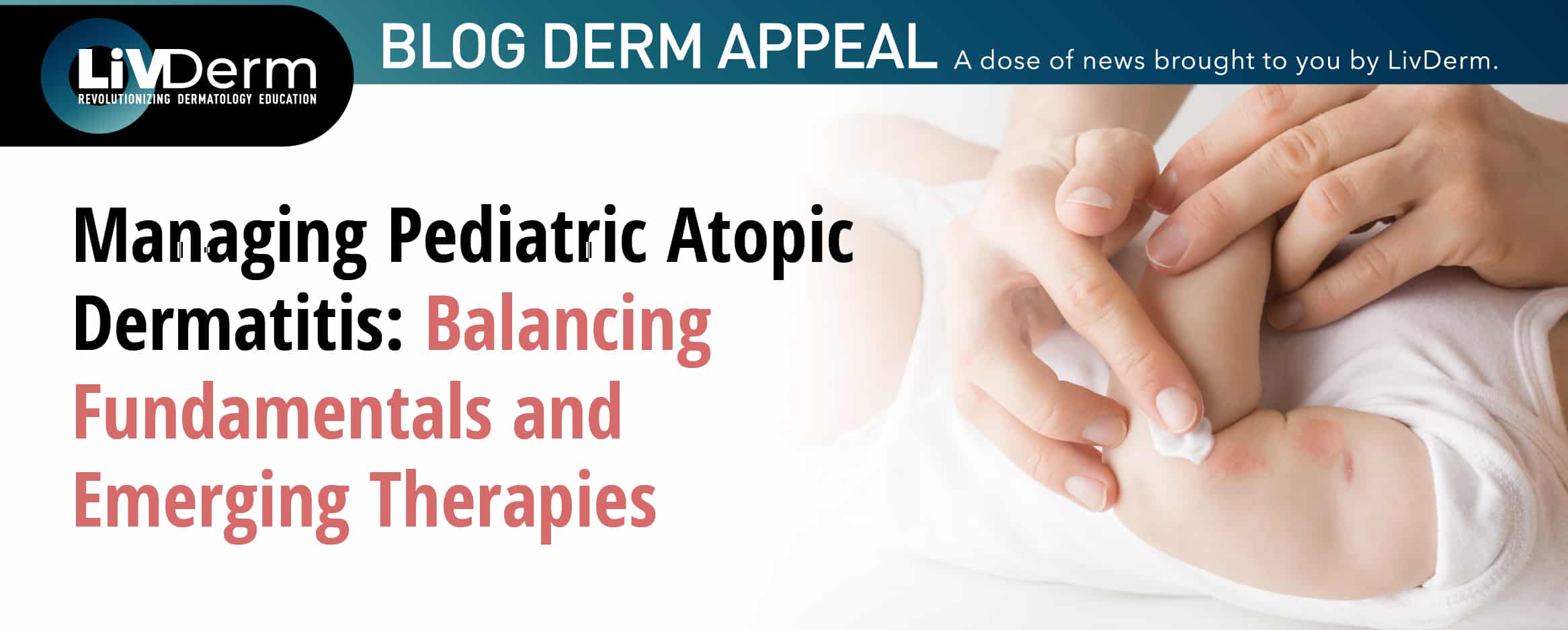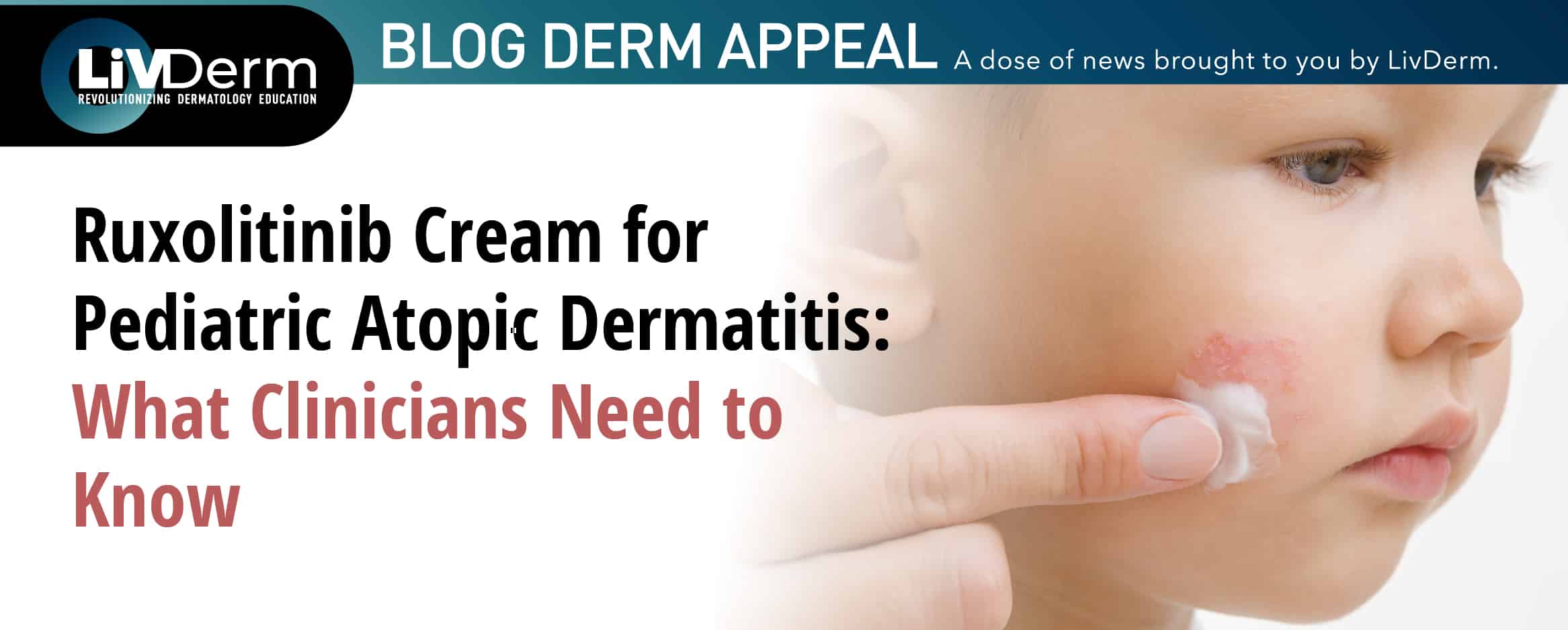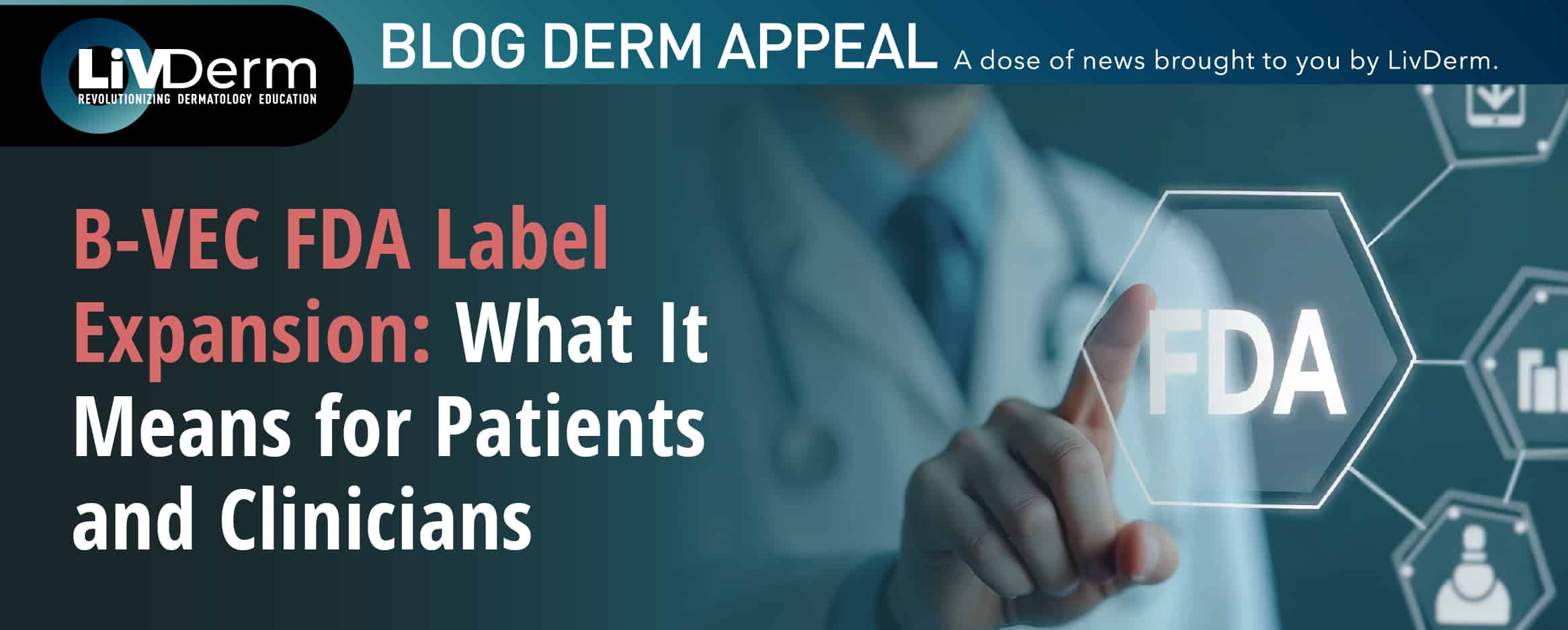Atopic dermatitis (AD) remains the most common chronic inflammatory skin condition, with persistent itch, barrier dysfunction, and inflammation continuing to drive significant disease burden. These ongoing challenges highlight the critical importance of novel approaches that target the underlying drivers of the disease.
Study Background
While the exact etiology of AD is multifactorial, kallikreins, the serine proteases involved in skin barrier dysfunction and inflammation, are increasingly recognized as central to disease pathology.
Triveni Bio, a biotechnology company focused on antibody-based therapies for immunological and inflammatory disorders, recently announced the dosing of the first patient in its global Phase 2 proof-of-concept trial of TRIV-509. This dual-specific, monoclonal antibody targets kallikreins 5 and 7 (KLK5/7) and aims to address barrier dysfunction, inflammation, and itch in moderate-to-severe AD.
This is the second of three concurrent clinical trials of TRIV-509 planned for 2025. Triveni first dosed healthy volunteers in its Phase1 trial in May 2025 after preclinical data supported TRIV-509’s ability to restore skin barrier function and downregulate inflammatory processes seen in AD.
Looking Forward
The clinical rationale for the treatment, which is designed for quarterly subcutaneous dosing, was highlighted recently in an oral presentation at the 2025 European Academy of Dermatology and Venereology (EADV) Congress in Paris. The presentation, titled “TRIV-509, a dual inhibitor of KLK5 and KLK7, normalizes epidermal hyper-proliferation, improves barrier integrity and reduces secretion of inflammatory cytokines in atopic dermatitis (AD) skin explants,” featured results from an ex vivo explant using samples from patients with AD.
The findings demonstrated that TRIV-509 rapidly improved barrier integrity, reduced epidermal thickness, normalized keratinocyte proliferation, and decreased secretion of pro-inflammatory cytokines. The study also showed broad anti-inflammatory effects across Th1, Th2, and Th17/22 cytokine pathways, which have been associated with improved clinical efficacy in AD.
“Our data presented at EADV demonstrate that KLK5/7 inhibition in AD patient skin explants leads to rapid, marked improvement in multiple markers associated with efficacy,” said Bhaskar Srivastava, MD, PhD, chief medical officer of Triveni Bio. “These results provide strong support for the potential of TRIV-509 as a differentiated and potent option for patients.”
Positive Effects
At the 2025 Society for Investigative Dermatology Annual Meeting, data was presented that highlighted TRIV-509’s ability to reverse key pathological features of AD in human skin explants. The study treated skin biopsies from three patients with moderate-to-severe AD ex vivo with TRIV-509 for 72 hours.
Key findings from the analysis include:
Epidermal thickness reduction
TRIV-509 reduced epidermal hyperplasia by 14% to 28% in 2 of the 3 patient samples.
Decreased keratinocyte proliferation
An 80% reduction in Ki-67 positive basal keratinocytes was observed, indicating significant downregulation of epidermal turnover.
Improved epidermal differentiation
Parakeratosis, a hallmark of aberrant epidermal maturation, was reduced by 31% in 1 patient’s sample.
Restoration of barrier protein DSG1
Treated samples showed up to a 313% increase in desmoglein-1–positive cells, re-establishing proper cell-cell adhesion and barrier architecture.
Concluding Thoughts
TRIV-509 represents a novel therapeutic approach in AD by targeting KLK5/7. Early translational data demonstrates its potential to address barrier dysfunction and inflammation through a unique mechanism of action. With a Phase 2 trial underway, upcoming clinical results will be critical to determining its role in the evolving treatment landscape for moderate-to-severe AD.
















